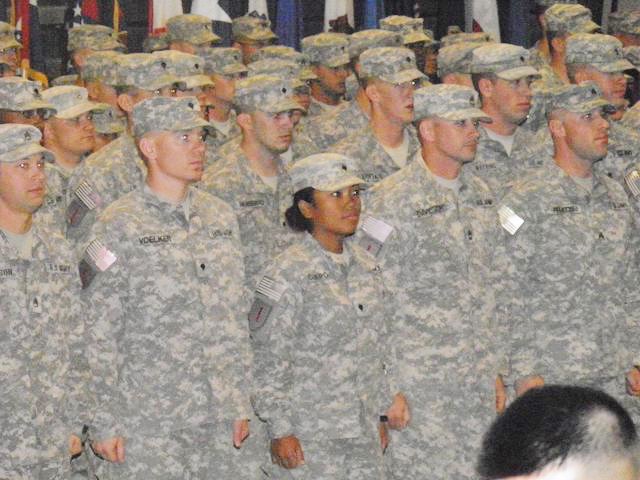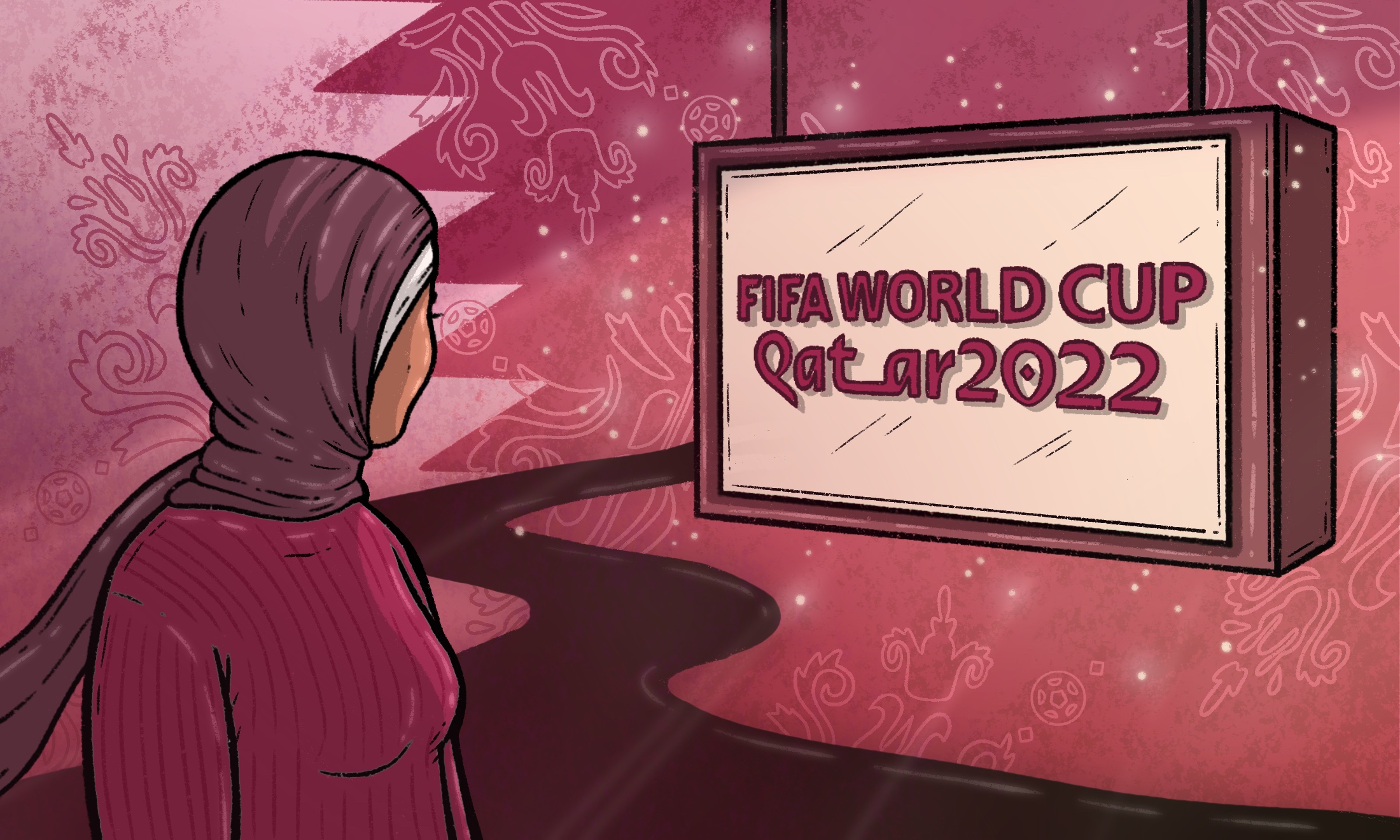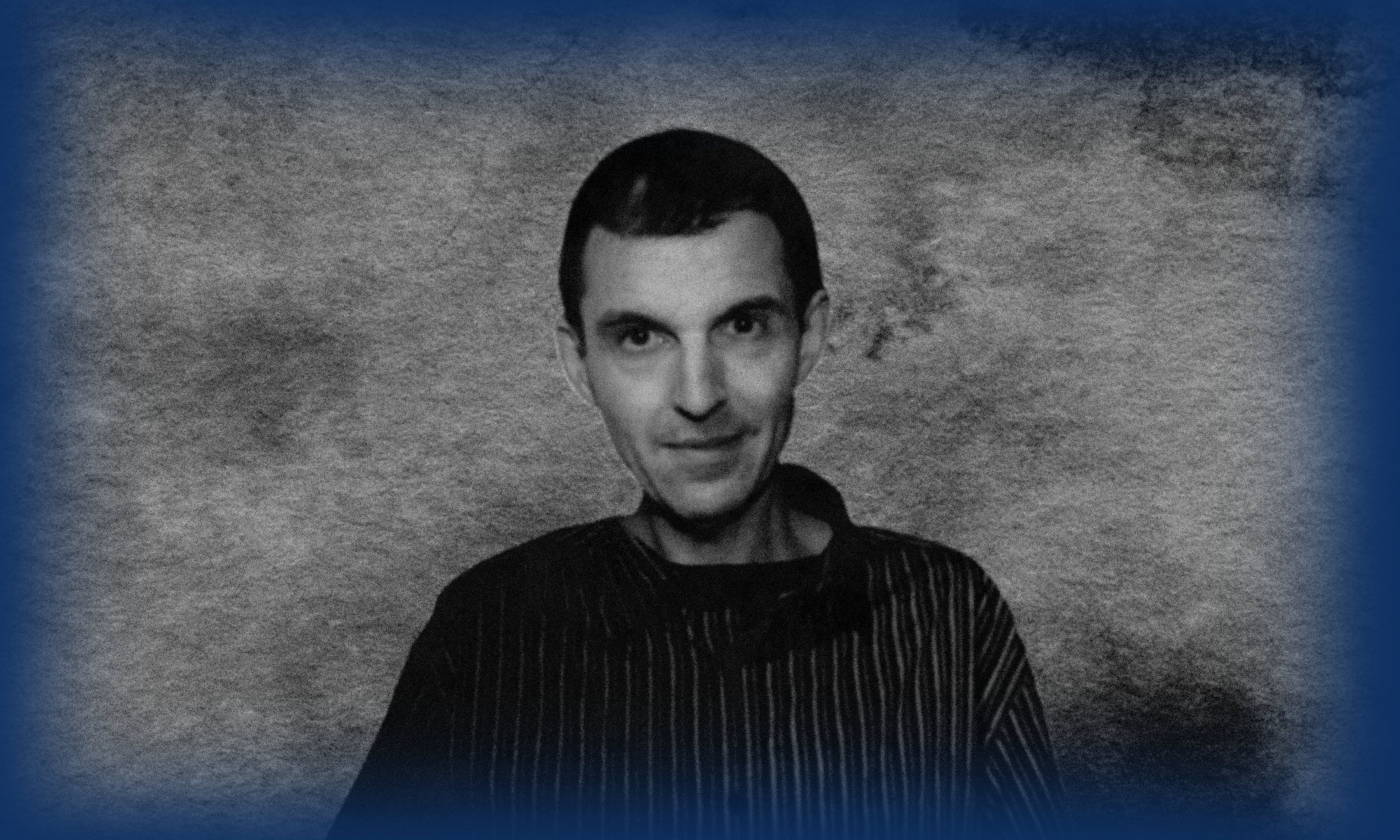
‘It felt like I was losing myself’: being a woman of colour in the US military
Stephanie Wobby
21 Jun 2017
“Stop wearing perfume unless you want to be R and K’d.”
It was 2010. I was in Iraq, walking alongside a group of male soldiers, when someone suddenly told me this. We were at the six-month mark of our year-long tour and they were getting anxious. The funny thing about deployment-related stress is it’s a striking resemblance to a teenage boy’s raging hormones; the guys needed to get their dicks wet.
“R and K” is an acronym for “Rape and Kill”. It’s made up by those who have never experienced the receiving end of either action. It is shortened to make it easier to casually throw around in conversation, to normalise it around female soldiers, to make it sound less threatening. Surprisingly, the higher-ranking soldiers know about this. Unsurprisingly – and sadly – they don’t do a thing to stop it.
I was in an all-male platoon during my first deployment and I unwittingly believed that my fellow soldiers would become brother or father figures to me – the only female soldier in their group. I didn’t know that infantrymen, like other front-line ground combat Military Occupational Specialties (MOS), rarely worked with female soldiers. As a result of this lack of experience, they didn’t know how to react to my presence; completely missing my previous expectations, they played scorned ex-lovers, “friend-zoned” acquaintances, and boys with obvious mummy issues.
With no regard to my Philippine descent (or my feelings), my squad leader continuously called me a “Chinese bitch” and constantly mocked me by imitating what he believed to be an Asian accent.
Another muttered that I should “shut the fuck up, bitch” after the group failed a pre-mission exercise and I asked for feedback. A group of supervisors looked on silently as my team leader threw a bag of peanuts at me, called me an elephant in a poor effort to weight-shame me, and asked if I was on my period because I was “acting like a bitch.” Only after I punched him on the side of his neck – he was too tall – did they intervene; they asked me if I wanted to be transferred to another platoon. They didn’t reprimand him for his actions.
During a Skype call with my best friend, I told her that it felt like I was losing myself. I wondered – was I getting this type of aggressive treatment because I had unwillingly become the representative of the women back home who had wronged these men?
Or was I just in denial of my own incompetence, and blamed racism and sexism for the way they treated me? Maybe I was just too sensitive and shouldn’t take their comments to heart; toughen up, get a thicker skin, and stop “acting like a little bitch”? I suppose I just needed a reason other than my gender to be the subject of such mistreatment.
I didn’t know back then, but a lot of female service members have been feeling the same way I have for a very long time.
In 2010, Aggression and Violent Behavior published an article about sexual harassment and assault in the military. A cited study examined the correlation between sociodemographic variables and the likelihood of sexual violence. The results showed that female soldiers who exhibited “low sociocultural power,” such as young women of colour who enlisted immediately after high school, who had less education and were less likely to have a partner, were more likely to be victims.
In 2014, the Ibis Reproductive Health organisation and the Bixby Center for Global Reproductive Health released an in-depth, qualitative study exploring female service members experiences of Military Sexual Trauma (MST), reporting procedures and related services. Researchers conducted telephone interviews with 22 women deployed overseas, asking questions about several factors which influence the prevalence of MST such as deployment dynamics, military culture, lack of consequences, and victim-blaming. An interviewee who was stationed in Bahrain in 2002 suggested that having a disproportionately small amount of women who are active duty service members (15.1%) creates an environment where women, the general minority, are perceived as “sexual conquests” instead of equals. Another woman who deployed to Iraq from 2004 to 2005 and who has served in the Navy for 22 years, stated that it’s normal for military leadership to “turn a blind eye” to issues regarding MST. A third participant, stationed in Cuba from 2004-2005, placed responsibility on herself for being a victim. Other participants perpetuated victim-blaming by citing alcohol use, irresponsibility, and dressing too provocatively as the root causes of MST- revealing the deep-rootedness of myths surrounding sexual assault as experienced by women.
Over the course of my military career, I did notice some efforts to root out discrimination: I was required to complete command climate surveys – lengthy questionnaires about equal opportunity amongst soldiers – that I assumed would be read by a few of the highest-ranking personnel in our brigade. “Sensing sessions”, the Army term for group meetings, were also organised to give lower-ranking personnel the opportunity to discuss their feelings openly and freely. However, based on previous observations, speaking out often led to social isolation and even worse treatment.
Additionally, the Department of Defense (DoD) has demonstrated an increased diligence in recent years to protect service members from racism, sexism, or any type of discrimination. The DoD Military Equal Opportunity Program (MEO) was conceived in 1995 to ensure that a person cannot be discriminated against based on their race, gender, or religious beliefs. To address sexual harassment and abuse, the DoD also created the Sexual Assault Prevention and Response (SAPR) program in 2004. The Army, like the other branches of the military, mandates semi-annual training on both the Sexual Harassment/Assault Response and Prevention Program (SHARP) and the Equal Opportunity (EO) program.
These programs, on top of the mandatory training, in theory should help to create an environment free of racial slurs and obscenities, and indeed the Pentagon reported a decrease in military sexual assaults in 2016. However, reporting on racial discrimination in the military workplace is lacking.
With women gaining the ability to serve in ground combat positions, our male counterparts can no longer use ignorance as a reason for mistreatment.
There has been an increase in sexual assault reports, with a record high in 2016, proving that soldiers have grown to trust the system.
Veterans like myself, who no longer have to answer to the military, can finally exercise our free speech to expose the different prejudices we experienced during our terms of service.
Women of colour make the same sacrifices to be a part of an organisation that protects this country. In fact, we have vaulted considerable hurdles to gain the same recognition as our male counterparts. The military boasts of the perfect package: a job with guaranteed advancement, equal opportunities and equal pay, and patriotic pride that comes with serving your country. It should have added a disclaimer: applicable only if you are a white male.

Britain’s policing was built on racism. Abolition is unavoidable

How Pakistan’s Khwaja Sira and transgender communities are fearing and fighting for their futures

Their anti-rape performance went viral globally. Now what?





